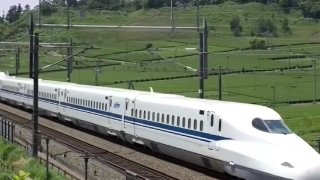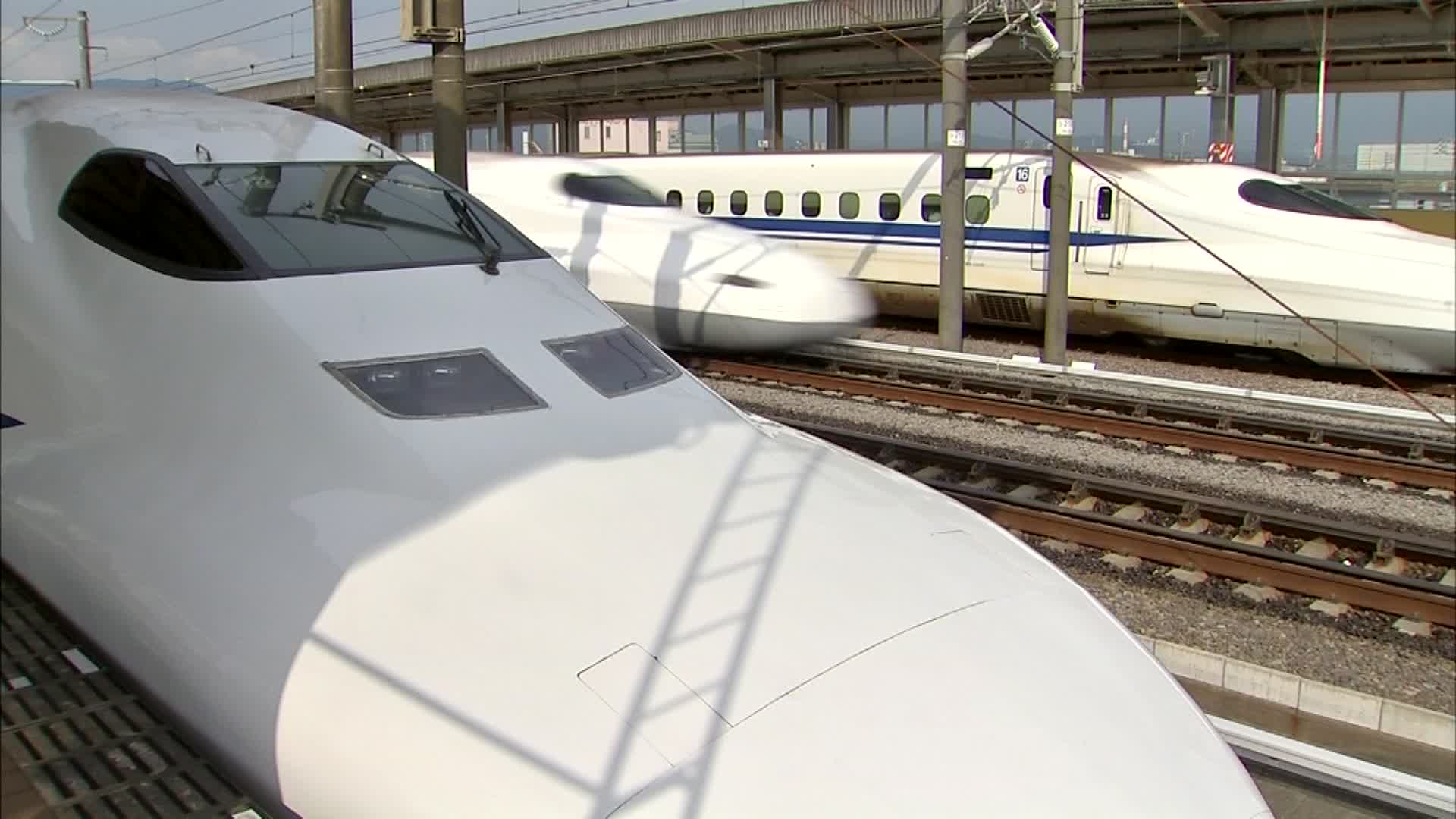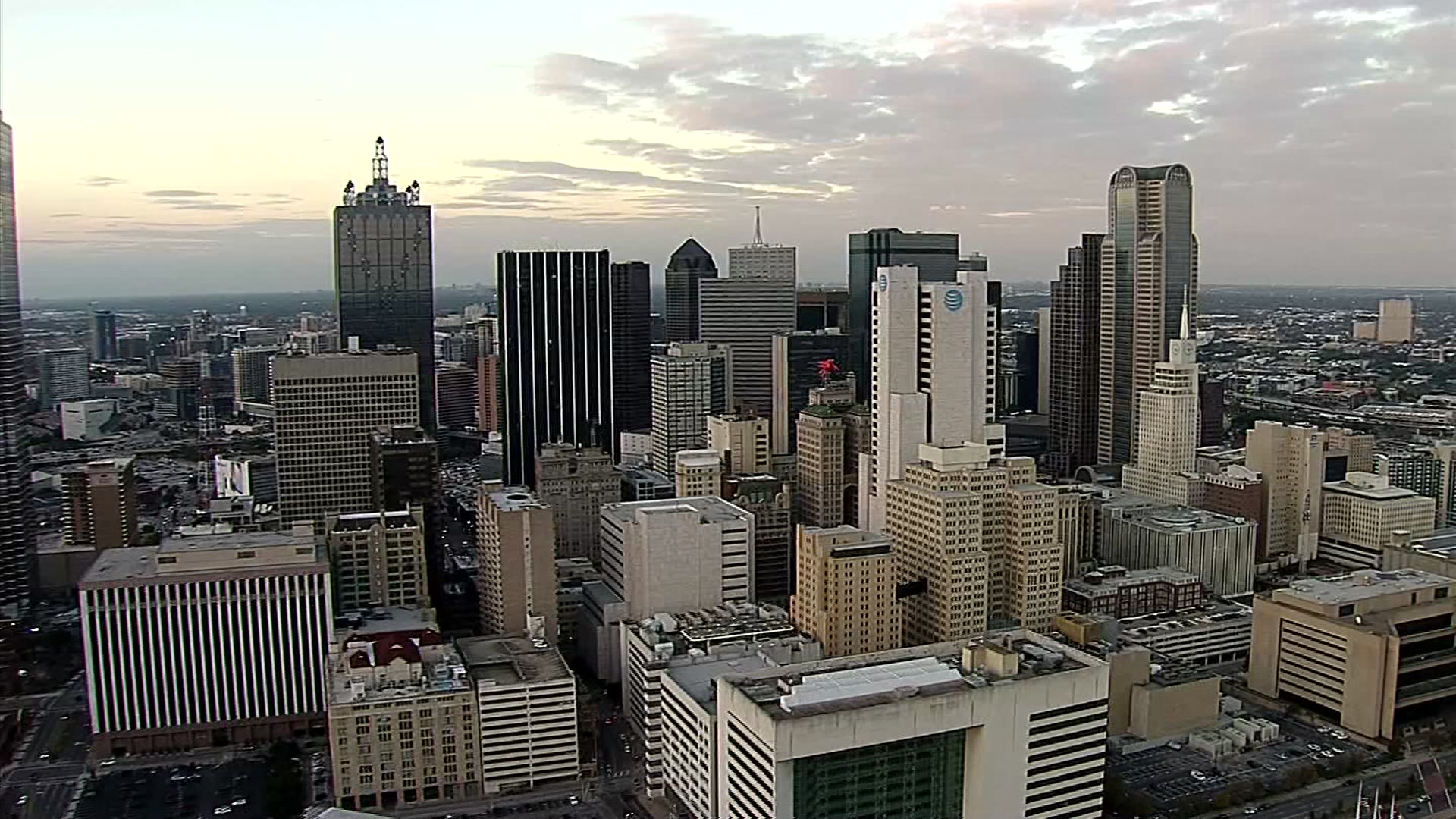
The long-planned development of a controversial 236-mile high-speed rail line that would zip passengers from Dallas to Houston in 90 minutes appears to be taking another step forward Wednesday but is also drawing more scrutiny from opponents questioning the project's solvency.
Texas Central, the private railroad company founded in 2013 that is behind the Dallas-Houston high-speed rail project, announced Wednesday they are working with Amtrak to apply for federal grants to conduct "advance planning and analysis work" associated with the proposed rail line, "to further determine its viability."
Amtrak has worked with Texas Central Partners since 2016 on planned support services for the rail line and said they are now "currently evaluating a potential partnership to further study and potentially advance the project."
“This high-speed train, using advanced, proven Shinkansen technology, has the opportunity to revolutionize rail travel in the southern U.S., and we believe Amtrak could be the perfect partner to help us achieve that,” said Texas Central Chief Executive Officer Michael Bui. “We appreciate Amtrak’s continued collaboration and look forward to continuing to explore how we can partner in the development of this important project.”
Get DFW local news, weather forecasts and entertainment stories to your inbox. Sign up for NBC DFW newsletters.
Bui stepped in to lead the rail line after CEO Carlos Aguilar resigned in 2022, around the same time the board of directors was disbanded. Texas Central said at the time that the high-speed rail project was still moving forward and that they still intended to make the cross-state line a reality.
“If we are going to add more high-speed rail to this country, the Dallas to Houston Corridor is a compelling proposition and offers great potential,” said Amtrak Senior Vice President of High-Speed Rail Development Programs Andy Byford in a statement Wednesday. “We believe many of the country’s biggest and fastest-growing metropolitan areas, like Houston and Dallas, deserve more high quality high-speed, intercity rail service and we are proud to bring our experience to evaluate this potential project and explore opportunities with Texas Central so the state can meet its full transportation needs.”
Texas Central, however, has given no timeline for when construction will begin or when riders may be on trains. Wednesday's announcement indicates the railroad is partnering with Amtrak to consider the viability of moving the project forward through federally-funded studies.
Amtrak said they and Texas Central have submitted applications to several federal grant programs to further the study and design work for the Dallas to Houston line including the Consolidated Rail Infrastructure Safety and Improvements (CRISI) grant program, the Corridor Identification and Development program, and the Federal-State Partnership for Intercity Passenger Rail (FSP-National) grant program.
If completed, Texas Central said the rail line could reduce greenhouse gas emissions by over 100,000 tons per year, save 65 million gallons of gas and remove about 12,500 cars per day from Interstate 45.
Waller County Judge Trey Duhon, president of the Texans Against High Speed Rail board, said they've long been worried about the financing behind Texas Central's project and added the railroad was nearly defunct because investments in the project never really showed up. He added they were concerned the cost of subsidies required to make tickets affordable for riders would ultimately end up in the laps of taxpayers and that estimated costs to make the line a reality ballooned from $12 billion to more than $40 billion.
Duhon told NBC 5 on Wednesday that the project transitioning from being privately funded to one seeking public funds should necessitate a new Environmental Impact Study. The current EIS, Duhon said, included public comment that was premised on the project being privately funded.
Duhon said appropriate environmental studies haven't been done and that if a high-speed rail line is built linking Dallas and Houston that it should be built along the existing right-of-way corridor along Interstate 45 rather than by cutting through prime farm and ranch land -- or through land being developed into neighborhoods.
The proposed rail line passes through Waller County, in an area where Duhon said the berm built to support the track would end up functioning as a dam.
During this year's regular legislative session, State Rep. Cody Harris (R-District 8) filed HB 2357, a transparency bill that would require any high-speed rail company to share information with the Texas Department of Transportation about the status of a rail project, including construction timelines, construction costs and a current financial statement.
In his synopsis of the bill, Harris wrote East Texas landowners given eminent domain notices for the high-speed rail project had been left in limbo, "under a cloud of possible seizure," after a decade of uncertainty with no development.
Harris's bill never left the Texas House.
Duhon said Wednesday that Texans Against High Speed Rail will continue their push for transparency in the high-speed rail project and hopes that with applications now being filed for public dollars that Texans will step forward and demand more scrutiny into how the project is being financed.




